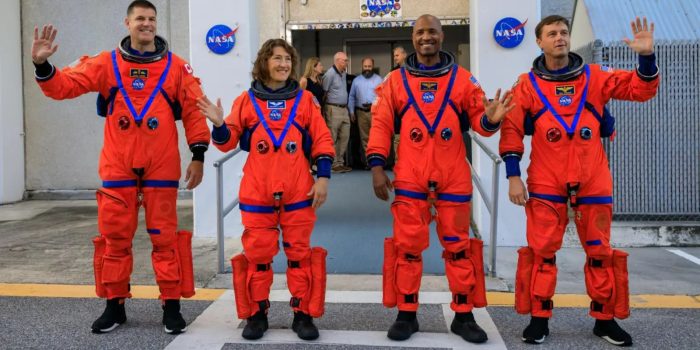NASA has officially announced that there would be more delays to the highly anticipated Artemis mission, which will extend the timeframe for human lunar exploration beyond the original schedule. The announcement follows the Peregrine Mission’s abandonment. There has only been one unmanned mission to the Moon, highlighting the tremendous difficulties involved in space exploration beyond low Earth orbit.
Due to difficulties, the Artemis III Moon landing, which was originally scheduled for 2024, has been delayed for 2026. Safety comes first, and teams need more time to work through the complex issues of first-time technologies, operations, and integration, according to NASA Administrator Bill Nelson.
The Artemis IV mission, set to rendezvous with the proposed Lunar Gateway space station, remains on track for 2028. Despite the disappointment surrounding the delays, NASA aims to maintain a positive outlook, highlighting progress in the official statement titled “NASA Shares Progress Toward Early Artemis Moon Missions with Crew.”

The space agency recognizes the complexity of returning to the Moon in an unprecedented manner, emphasizing the safety of astronauts as the top priority. The recent setback with the Peregrine mission underscores the potential risks associated with hastening space exploration endeavors.
NASA’s approach of using the Artemis II flight test and subsequent flights to reduce risks for future lunar ventures demonstrates their commitment to learning from each mission. The organization emphasizes how crucial business and international alliances are to improving humankind’s comprehension of its place in the solar system.

While the postponement of Artemis missions is disheartening, it signifies a dedication to careful planning and risk reduction. The analogy to the James Webb Space Telescope’s (JWST) rescheduling difficulties implies that, when done right, massive missions can be well worth the wait.
The Artemis delays teach us an important lesson in the grand picture of space exploration: reasonable missions take time. NASA’s conservative approach reflects the belief that safety must always come first in the expanse of space, taking hastened timeframes less seriously. As the world watches for the next human footprint on the Moon, it is clear that perseverance, hard work, and a strong dedication to astronaut safety are necessary to achieve greatness in space exploration.


